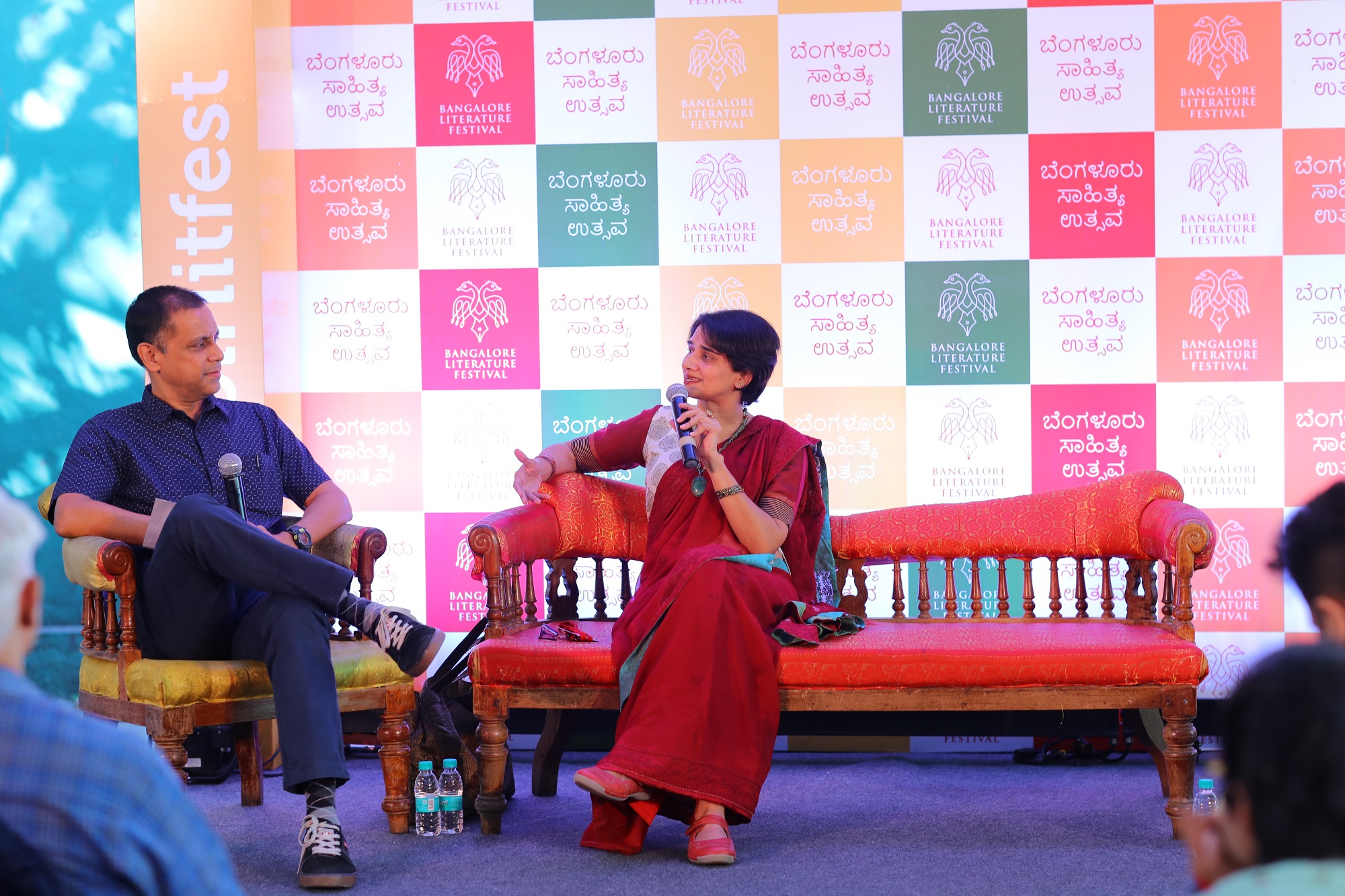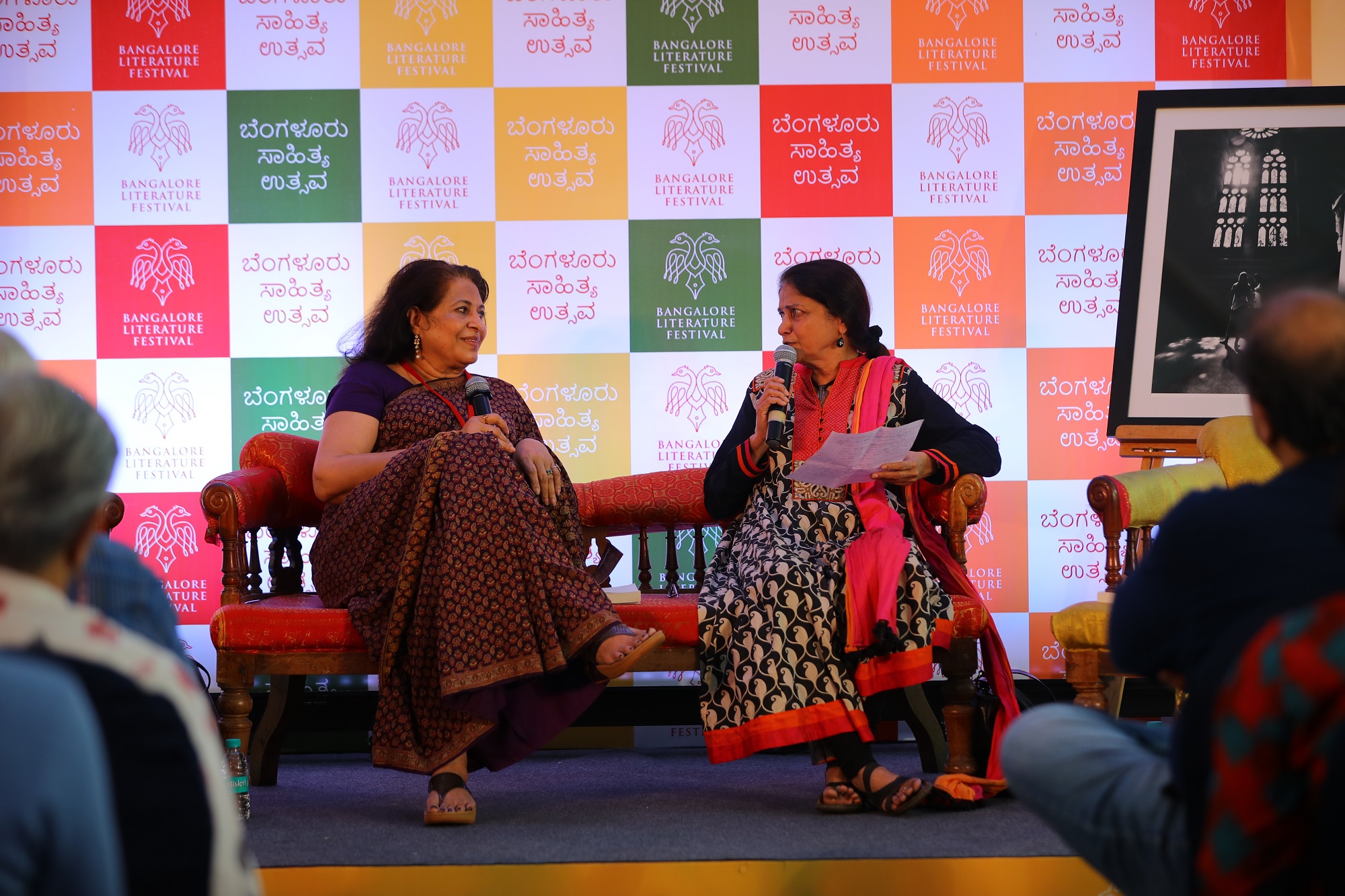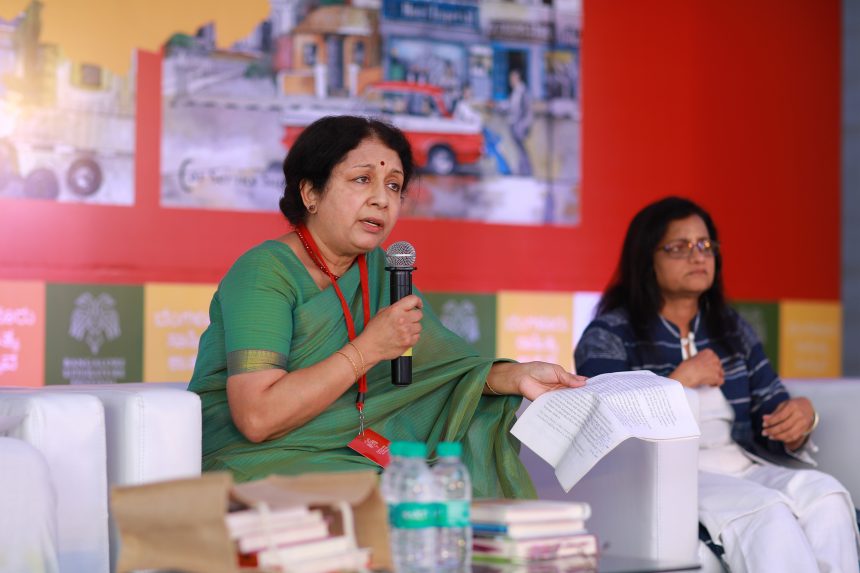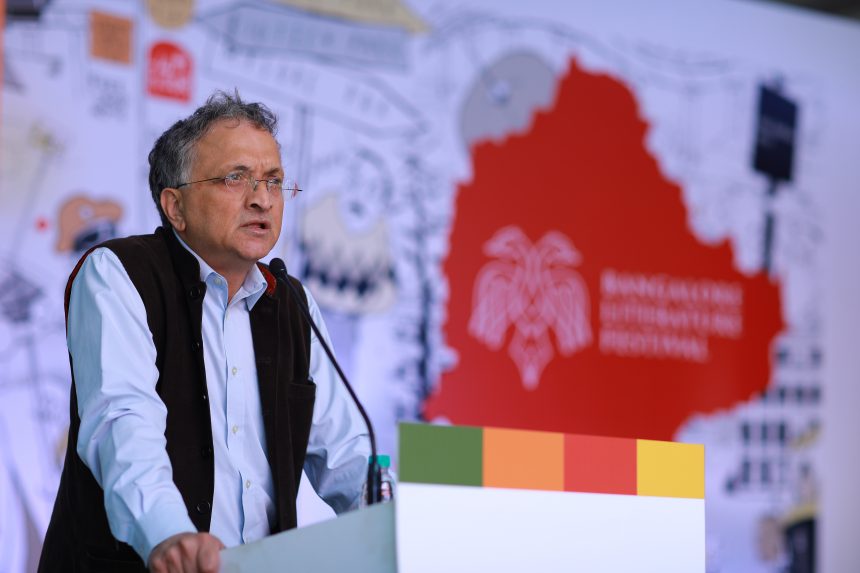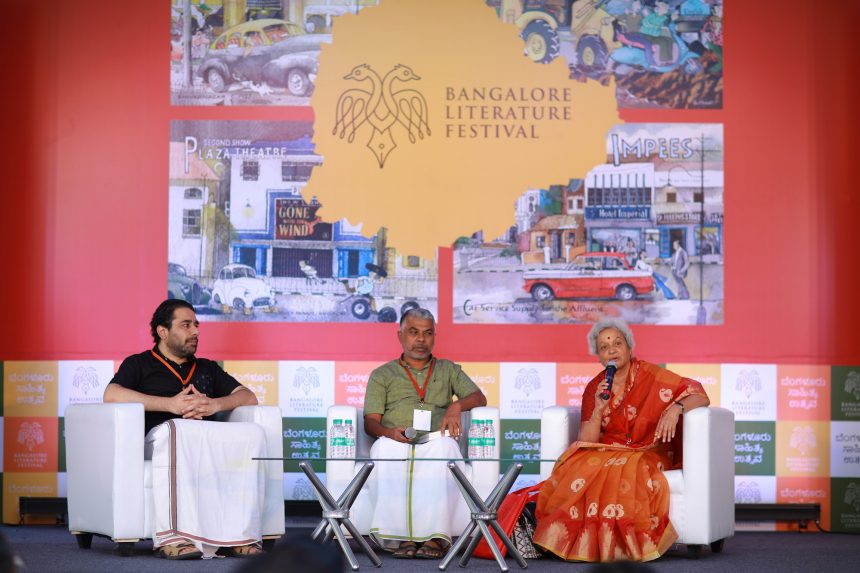It was the 10th Chennai International Film Festival. I surprised myself during the film festival that year by managing to watch a respectable number of films despite a hectic schedule at work. Michael Haneke’s Amour, which later went on to win the Academy Award for Best Picture, was also scheduled to be screened that year. It was on my must-watch list. I made it on time for the show and the movie was surely beautiful. However, I could not sit through the entire movie and had to walk out.
I am the kind of person who might cry through the entire movie giving my friends enough reasons to make fun of me, but walking out of a beautiful movie did not sound like me. Yet, I did. I walked out not because it was boring, but because the emotions captured in the movie was too painful and disturbing. It wasn’t that I fear difficult emotions or movies. In fact, I used to be one of the very few females among the audience during the screening of movies on subjects of violence, yet Amour was too much for me to take. All these years, I never once thought of watching it again, until recently.
‘A Very Old Man with Enormous Wings’ was screened this week at IIHS, in Bangalore. The event caught my attention probably because the title seemed to have been borrowed from Gabriel Garcia Marquez. I reached ten minutes late, sneaked in, took a seat at the darkest corner of the room and settled into what seemed like silent poetry. It is a feature film on the 4-feet 11-inches tall grandeur dearly known as ‘Pocket Hercules’. Like any traditional documentary films, this did not have a dozen people talking about the greatness of the much-celebrated Mr Universe Monohar Aich. Instead, Prateek Vats, the director of this film, takes you to the man himself. It is as if you were given the privilege to sit beside him, watch him from close quarters as he goes on about his day, and hear him breathe through a 102-year-old body.
Thirty years, and I have so much to complain about life. And there was Mr Aich who had spent a 100 year and more, but his eyes still seemed to have their twinkle. There was a certain charm about him that makes you smile. Even when he seemed to have forgotten a lot of things and hardly speaks, every now and then he does something that reminded you of his flamboyance.
I do not have the expertise to comment on the cinematic excellence of the movie but I can talk to you about the emotions that this movie stirred within me. Every time the camera captured sound or music, there seemed a certain watchful silence underneath it just like a calmer ocean beneath a stormy sky. Every time the camera captured the stillness in his life, there was something distressing about it that I squirmed in my seat, restlessly. However, I must thank the director or probably the editor for making this beautiful blend of storm and calm. It was as if they knew, that I wouldn’t be able to survive another minute of that stillness or that noise, that they decided to cut to move to the next frame. An old footage of Monohar Aich’s interview along with his wife was a surprise addition. Sorry about the spoilers, but that, I believe, gives a quick insight into the kind of person he was, even for people who did not know him.
There were moments during the film when that familiar feeling of discomfort, which happened during Amour was coming back to me. This was because both these films bring you the reality of old age in very intimate details. It’s a terrifying to even think that someday you will forget who you were. You will have no memory of your life’s deeds and will become entirely dependent on people around you. While I thoroughly empathize with the frustration and helplessness of any family that is taking care of an elderly person, it’s petrifying to learn that despite everything that you have accomplished, your own people will be disappointed in you. You might have to spend every minute of every day looking forward to nothing. But, somewhere the film also gives me the courage to deal with my fear of growing old and helpless. I might as well watch Amour soon.
The timing of the movie’s screening can’t get too perfect since it has been only a few days since Manushi Chillar brought home the Miss World Crown. It is amusing to watch our leaders wage war over twitter about how she must be rewarded. For all the gender equality we talk about, it is interesting to note that we as a nation have celebrated all our Miss World and Miss Universe winners. How many in our Mister Universe or Mister World winners do we even know about? That brings me to the next point about which the movie doesn’t talk about directly but gently nudges you to ponder upon. We are a young and dynamic nation, but we seem to have forgotten to plan on taking care of our elderly. We have left them at the mercy of their children who too, are caught up in the troubles of life, with less or no time to attend to the needs of the older generation. The life of Monohar Aich is a classic example of institutional negligence. The movie reminds us of how it’s about time we think about a wholesome plan for geriatric care in the country and also set up a standard procedure to acknowledge the accomplishment of people who represent the country in the International arena.
At the end of the screening, I wanted to thank Prateek and his team for having done this because this is going to be a very significant artefact for anyone who wants to study Mr Monohar Aich. But then the movie was too overwhelming for me, to talk then. So, I decided to write.
To Prateek Vats and his team – Thank you very much for doing this. I can only imagine the amount of labour and patience this would have needed. Hats off to the sensitivity and compassion your guys displayed throughout.
To my readers – Watch out for the screening of this movie in your city. This is a movie you might want to sit tight and watch, irrespective of whether you knew Mr Aich. I say so because the movie is not merely about Mr Aich but also about life in flesh and blood.
Here is a two-minute-long excerpt from the movie.



